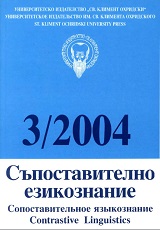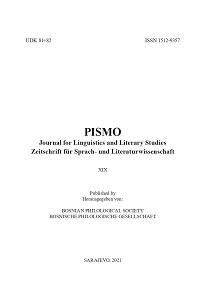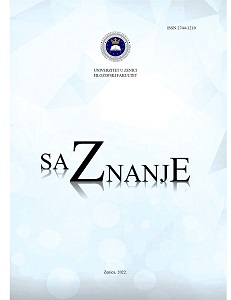Author(s): Amela Bajrić / Language(s): Bosnian
Issue: 3/2022
Newspapers represent mean of conveying the message and as a medium have a strong impact on all segments of society, but also reflect everything that happens in it and in this sense are suitable material for a variety of linguistic research. Analyzing the various sections of weekly and monthly magazines, the presence of syntactic and lexical-semantic stylistic figures can be noticed, as well as the frequent use of foreign words, primarily English, Greekism and Galician. As titles are a strong position of the text, they represent a stylistic tool of exceptional importance. They have multiple role in shaping the text (news, articles), so journalists often resort to various figurative elements. The analysis of the research corpus determined that the choice of stylistic means depends on the content of the text, ie. topics of the column, so in interviews, for example, you can find reticencies, rhetorical questions, comparisons and even cumulation. In the columns that treat beauty, health and fashion, we can see an enviable number of foreign words that describe new trends, and there are a few phrases. Nominative sentences, ellipses, metonymies are common in the titles, and lexemes of foreign origin intensify the meaning. The paper will therefore provide insight into the analysis from the aspect of language reflected in the presentation of the most frequent stylistic figures, means of expression and specific vocabulary used in specialized newspapers in Bosnia and Herzegovina, such as Azra and Gracija, which make up our research corpus.
More...

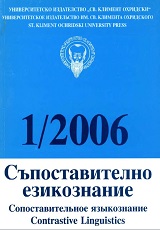
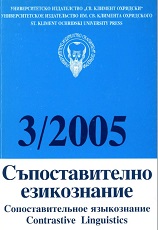
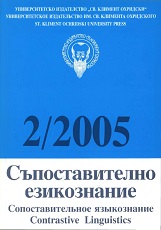
![M. Snoj. Slovenski etimološki slovar. [2. pregledana in dopolnjena izdaja] Ljubljana, 2003. XXVII + 1022 p.](/api/image/getissuecoverimage?id=picture_2005_69846.jpg)
